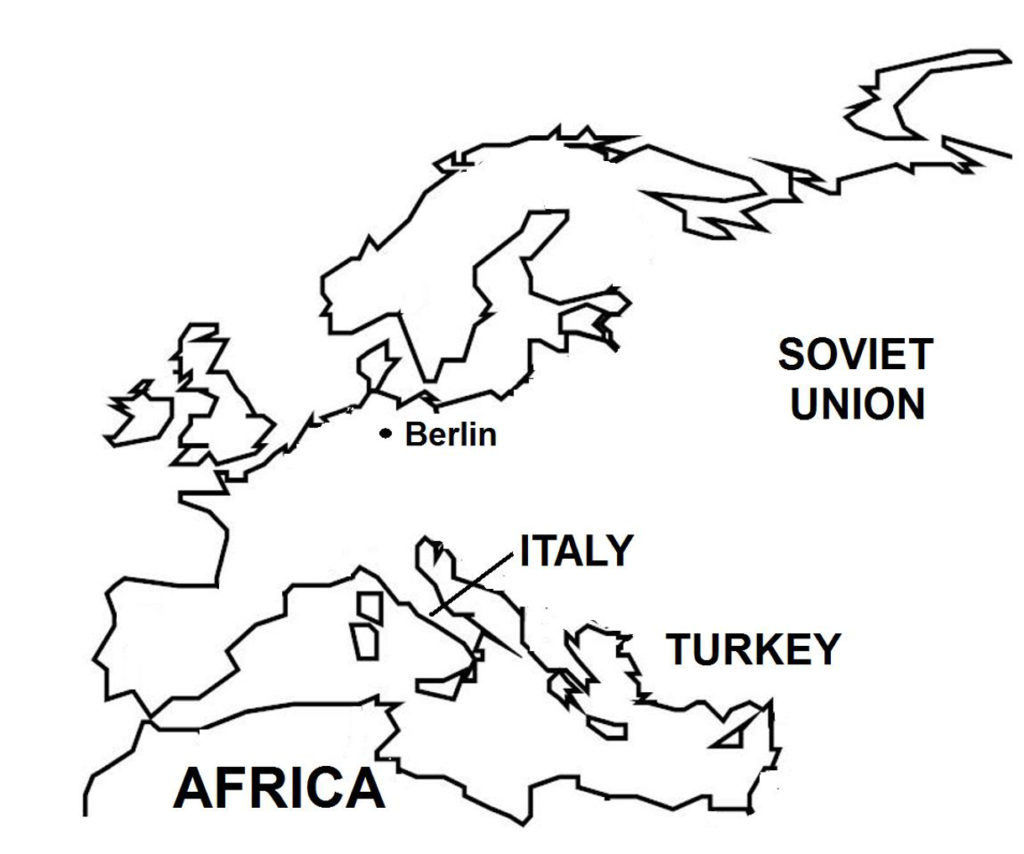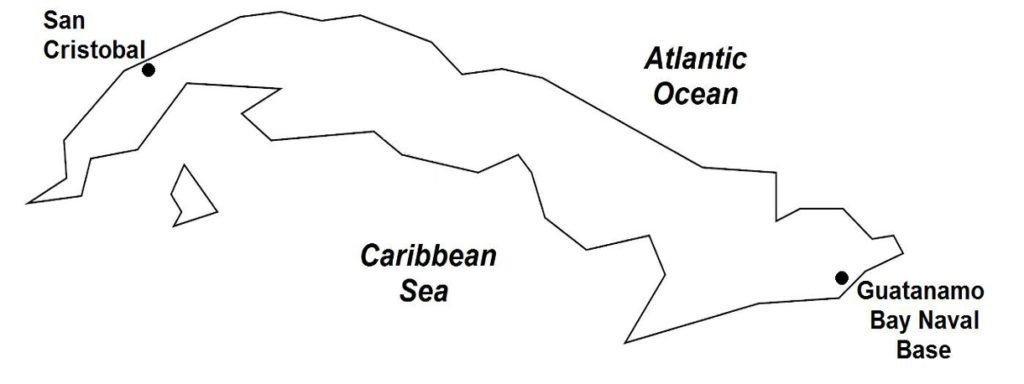On June 20, 1963, the United States and Soviet Union signed an agreement that established a direct teletype link, or “hotline”, between Washington and Moscow, in order to speed up the transmission of communications between the leaders of both countries. This came about following the end of the Cuban Missile Crisis in October 1962, where the two superpowers were locked in a 13-day standoff over the Soviet deployment of nuclear missiles in Cuba. U.S. President John F. Kennedy perceived the weapons in Cuba as a threat to U.S. national security and announced that he was prepared to use force to neutralize them. World sentiment at that time was that the two superpowers were on the brink of a nuclear war. The impasse was resolved when Soviet leader Nikita Khrushchev offered to remove the missiles in exchange for the U.S. promising not to invade Cuba. In the aftermath, the United States also secretly removed its missiles from Turkey.

Aftermath of the Cuban Missile Crisis The near-confrontation had profound consequences on the main protagonists. President Kennedy’s popularity soared in the United States and in other democratic countries, where he was seen as strong, firm, and determined to go to war for the free world. The perception of Kennedy being an irresolute leader following his lackluster actions during the Bay of Pigs Invasion and Berlin Crisis was erased instantly. Fidel Castro retained and even tightened his domination over Cuba, as the United States, in the future, generally refrained from carrying out a determined effort to bring about his overthrow. For Khrushchev, he ostensibly had lost the gamble, since his agreement with the Americans did not carry a public disclosure of the removal of the U.S. missiles in Turkey. What was apparent was that he merely had gained a promise from President Kennedy not to invade Cuba for the much more politically and strategically important Soviet missiles in Cuba. Considerable humiliation was brought upon Soviet authorities, which contributed greatly to Premier Khrushchev’s ouster from power two years later.

In the immediate aftermath, the United States restarted destabilization operations against Castro’s government. However, President Kennedy’s assassination on November 22, 1963 and the growing U.S. involvement in Indochina, another Cold War battlefield, and particularly in Vietnam, finally led President Lyndon Johnson, who succeeded President Kennedy as American head of state, to end all destabilizing actions in Cuba. Also as a result of the crisis, on June 20, 1963, the two superpowers signed an agreement that established a direct teletype link, or “hotline”, between Washington and Moscow, in order to speed up the transmission of communications between the leaders of both countries.
The crisis was resolved by the United States and the Soviet Union, without the participation of Cuba. As a result, Castro felt betrayed by Khrushchev, particularly since he felt that the negotiations had taken only the American and Soviet interests in mind, and disregarded Cuban security concerns. The Cuban leader also felt that a mere U.S. promise not to invade Cuba was insufficient, and subsequently issued his “Five Points” manifesto, one point being that the United States military must withdraw from the Guantanamo Bay Naval Base (located at the eastern end of Cuba) and return the land to the Cuban people. Castro had been made aware of the negotiations between the two superpowers through Alexandr Alexeyev, the Soviet Ambassador to Cuba, and was infuriated at the final agreement.
The agreement pertained to the Soviet strategic MRBMs and IRBMs; as a result, the Soviets were not under obligation to remove the battlefield tactical nuclear missiles, which in fact they had intended to turn over to the Cuban Armed Forces. However, Castro’s unpredictability and temperament convinced the Soviets that nuclear weapons, with their destructive power, could not be entrusted to the Cuban leader. On October 22, these weapons were returned to the Soviet Union. Subsequent Soviet policies of appeasements, however, did restore normal relations between the two communist allies, even strengthening them in the years that followed. (Excerpts taken from Wars of the 20th Century: Volume 2.)
